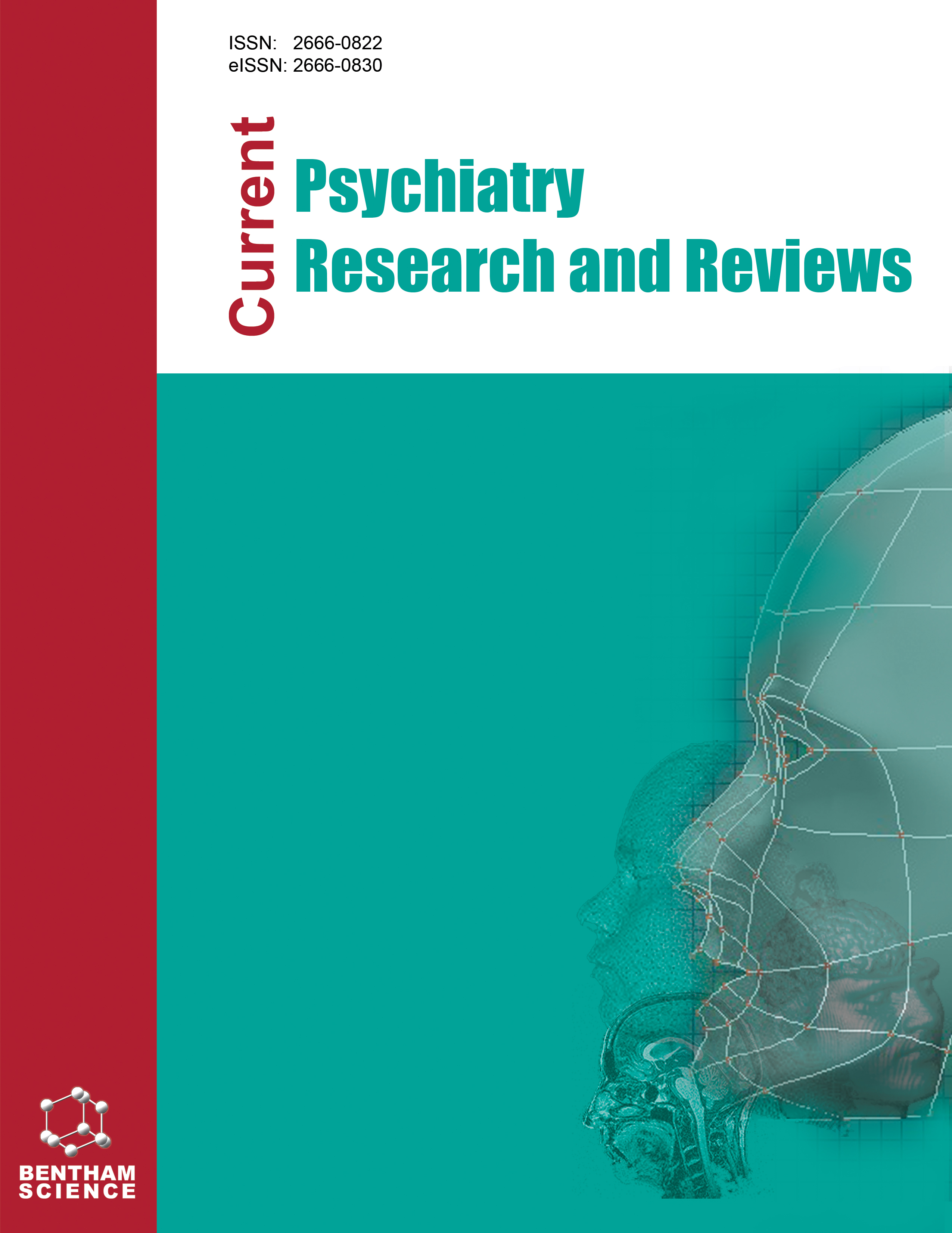
Full text loading...

Pregnancy-related smoking and nicotine exposure by the mother can impact the developing brain of the baby and increase the likelihood that the kid will have autism or other neurodevelopmental disorders. However, conflicting epidemiological evidence links prenatal nicotine exposure to ASD, and the molecular processes involved remain unknown. The data on the impact of the mother smoking during pregnancy on the development of the fetal brain and the likelihood of neurodevelopmental disorders such as ASD are thoroughly reviewed in this paper. Nicotine can enter the developing tissue of the baby through the placenta and build up there. In the developing brain, it attaches itself to nicotinic receptors, impairing chemical equilibrium, growth, communication, and cell division, all essential for the passage of messages between neurons throughout crucial developmental stages. There is conflicting evidence, even though some human studies indicate that smoking during pregnancy raises the risk that the fetus will develop ASD. Some basic biological processes that have been proposed include damage to the placenta, oxygen deprivation, genetic changes, and abnormalities in brain chemistry, including dopamine. Overall, the data now available indicates that smoking during pregnancy is detrimental to the developing brain of the fetus. Consequently, abstaining from smoking and nicotine during pregnancy can reduce the likelihood that the fetus would experience any neurological disorders, including ASD. To fully comprehend the molecular mechanisms involved and establish definitive links between prenatal nicotine exposure and ASD, further studies are still required.

Article metrics loading...

Full text loading...
References


Data & Media loading...